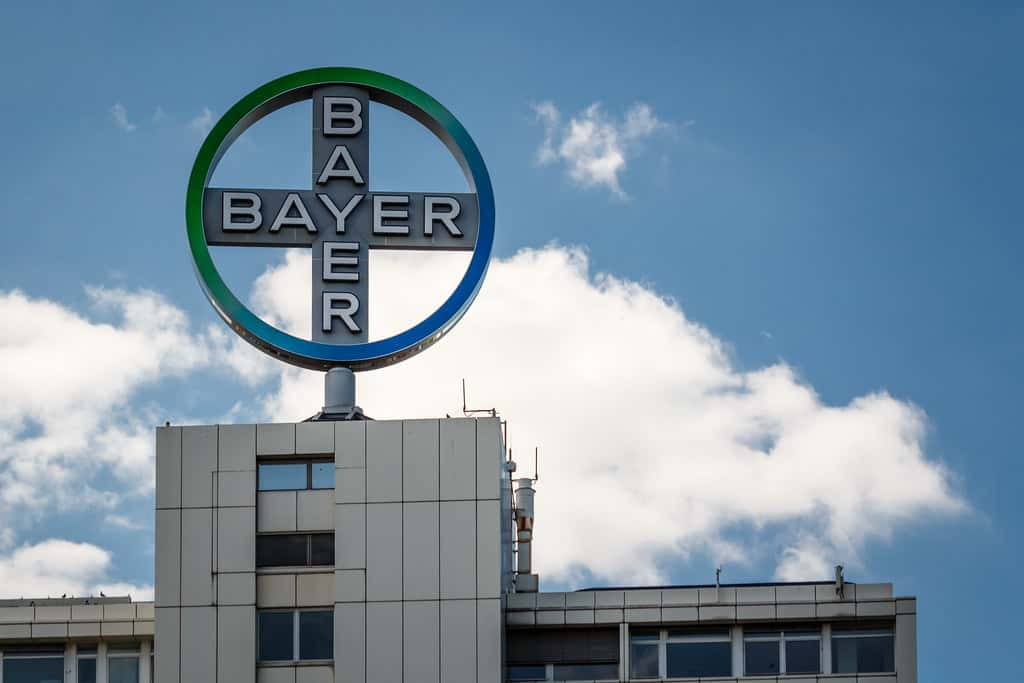Human beings can go out and achieve everything under the sun, but they also cannot do anything better than growing on a consistent basis. This progressive approach, on our part, has already got the world to hit upon some huge milestones, with technology appearing as a major member of the group. The reason why technology enjoys such an esteemed stature among people is, by and large, predicated upon its skill-set, which ushered us towards a reality that nobody could have ever imagined otherwise. Nevertheless, if we look up close for a second, it will become clear how the whole runner was also very much inspired from the way we applied those skills across a real-world environment. The latter component was, in fact, what gave the creation a spectrum-wide presence, and consequentially, kickstarted a tech revolution. Of course, this revolution then went on to scale up the human experience through some outright unique avenues, but even after achieving such a monumental feat, technology will somehow continue to produce the right goods. The same has grown increasingly evident over the recent past, and assuming one new healthcare-themed development shakes out just like we envision, it will only make that trend bigger and better moving forward.
Bayer has officially confirmed the inauguration of its new Cell Therapy Launch Facility in Berkeley, California, a facility which will be dedicated to deliver cell therapies to patients on a global scale. Setting the company back by almost $250 million, the 100,000-square-foot plan will primarily supply the material required for late-stage clinical trials and potential commercial launch of BlueRock Therapeutics’ bemdaneprocel (BRT-DA01), an investigational cell therapy currently in evaluation for treating Parkinson’s disease. However, the facility does have the space for a second module of production suites to support any other cell therapy that Bayer might bring to the portfolio in coming years. Talk about the therapy under focus here, though, Bemdaneprocel is essentially meant to replace the dopamine producing neurons that are lost in Parkinson’s disease. These dopaminergic neuron precursors are derived from pluripotent stem cells (PSC) that are human embryonic stem cells. Once successfully extracted, the stated neuron precursors are implanted into the brain of the patient. Upon implantation, the element has the means to reform neural networks that have been severely affected by Parkinson’s and restore motor and non-motor function. The importance of such a solution can be instantly contextualized if you consider how, going by Parkinson’s Foundation, more than 10 million people worldwide are currently suffering from Parkinson’s disease, one million of them living in the United States only. The supporting data also shows that, by the time they are diagnosed, patients are already running 50-80% short on their original dopaminergic neurons count. The subsequent loss of motor function instigates a variety of troubling symptoms such as tremors, muscle rigidity, slowness of movement, and more. Now, it’s not to say we don’t have any treatment for Parkinson’s at all, but even with that, patients’ symptoms have shown to fluctuate repeatedly throughout the day. In case that wasn’t bad enough, then we must mention how these treatments’ efficiency tends to decrease quite substantially over time, thus rendering the disease pretty much incurable.
“Cell therapy represent a groundbreaking class of medicines and is an area where Bayer is making a significant investment to research potentially transformative treatment approaches for people with unmet medical needs,” said Sebastian Guth, President of Bayer U.S.A. and Pharmaceuticals North America, and member of the Pharmaceutical Executive Committee. “Our new cell therapy facility represents true innovation in product development and manufacturing in addition to contributing to Bayer’s sustainability goal as our first fully electric pharmaceutical manufacturing plant.”
Although significant in its own right, Bayer’s new facility is among several recent investments the company has made to upgrade its biologic pipeline of protein therapeutics, cell and gene therapies. These investments include a new Cell Culture Technology Center and various Cell Therapy Labs. But what sets the new facility apart from the other efforts? Well, it’s the fact that this plant offers flexible, modular space for cell culture, viral transduction, and automated filling of cell therapies, banking upon Biotech@Bayer expertise in iPSC and CAR-T characterization, process development, analytics, and clinical to commercial production.
We referred to Bayer’s biotech division, it bears the responsibility of providing its biologic development and manufacturing capabilities for the company’s larger biotherapeutics portfolio, covering everything from commercial products and late-stage protein to cell therapies in development. Extending support to Bayer’s mission of “Health for All,” the division now also helps early-stage US companies to conduct patient trials and commercial launches. This particular initiative is facilitated through Bayer’s BioPartnering Solutions that leverages the company’s highly skilled biotech teams and infrastructure, including preclinical, clinical, and commercial launch scale manufacturing capabilities, to advance cell therapy, monoclonal antibody, and protein therapeutic candidates. Not just with the development itself, the stated BioPartnering solutions also provide early-stage companies with several complimentary services such as supply chain management, procurement, quality, CMC strategy support for regulatory filings, and more.
“Our teams are driving innovation in late-stage development and manufacturing with a goal of bringing transformational cell and gene therapies to patients on a global scale, and this facility will enable us to make it real,” said Jens Vogel, Sr. Vice President and Global Head of Biotech for Bayer’s Pharmaceutical Division. “Bayer is collaborating with biotech innovators, academia, and equipment and automation suppliers to establish platforms that would help bring more therapies to patients faster.”











